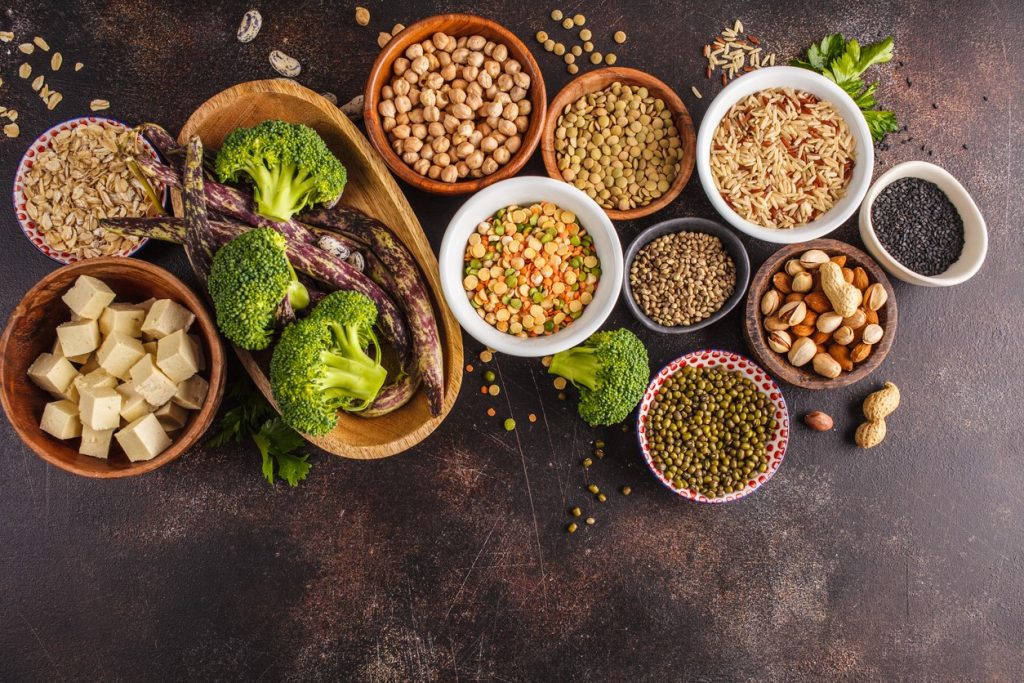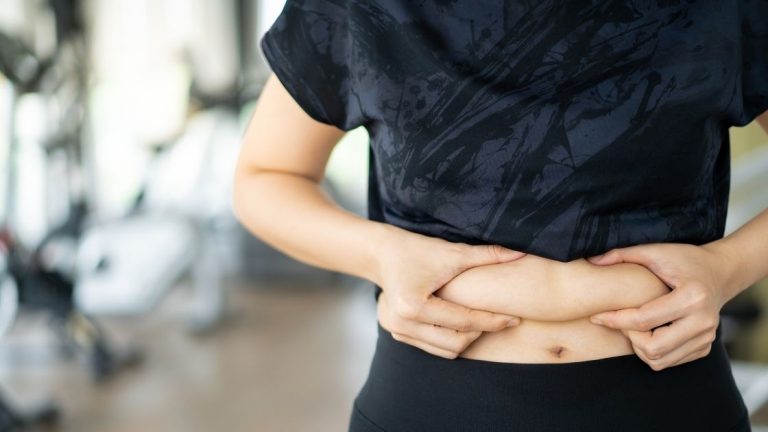
What is Pcos and Pcod. Pcos and Pcod are same or different.
Ovarian cysts and polycystic ovary disorder are often heard consequences of female health problems. These terms are frequently used interchangeably; there is an ambiguity in their different meanings.Almost 10% of women in the world is suffering from PCOD. In compare to PCOD women with PCOS produce higher-than-normal amounts of male hormones. This hormone imbalance causes them to skip menstrual periods and makes it harder for them to get pregnant.
PCOD or PCOS is a condition that affects women’s ovaries, the reproductive organs that produce progesterone and estrogen hormones that help in regulating the menstrual cycle and also produce small amount of hormones inhibin, relaxion, and male hormones called androgens.
PCOD
Polycystic Ovarian Disorder, is one of the common endocrine diseases that mostly occurs among women in reproductive age. It is a small cystic form, which is mostly found in ovaries leading to hormones fluctuation on a wide range of symptoms. This is also associated with an increased chance of getting type 2 diabetes, high blood pressure, and coronary heart disease.
PCOD Symptoms
Irregular or and delayed periods or having no periods at all.
• Heavy menstrual flow.
• Weight gain or weight loss trouble.
• Insulin resistance or diabetes of type 2.
• High blood pressure
• Fatigue
• Excessive hair growth in the face, chest, abdomen, or back may be a common effect.
• Trouble with acne or oiliness
• Mood swings or even symptoms of depression can be caused by menopause.
PCOS
Polycystic Ovary Syndrome. It is a metabolic abnormality that is a problem for many women of reproductive age in the world. PCOS expresses the high rate of androgen and estrogen hormones, raised blood sugar levels, and irregular periods. The unwanted effects of polycystic ovarian syndrome involve hirsutism, pimples, and an increased chance of heart disease and type 2 diabetes.
PCOS Symptoms
- Fatigue
- Mood swings or depression
- Sustained abnormally-growth of hairs on the face, chest, stomach or back
- Acne or greasy skin
- Difficulty getting pregnant
- Pelvic pain or discomfort may exist
- Darkening of skin, most usually around the neck, groin, or underarms.
- Unpredictable periods (without any particular pattern) or no periods at all.
- Menorrhagia or Heavy bleeding during periods
- The development of obesity or the inability to lose weight.
- Insulin resistance or type 2 diabetes.
- Hypertension
The Causes of PCOS And PCOD
- A large number of PCOS/PCOD-affected women have insulin resistance, which makes them unresponsive to insulin, which causes hindrance to maintaining blood sugar levels within normal ranges.
- The ovaries produce abnormally excess androgen hormones that can lead to acne and hirsutism hair growth on the face and body.
- Female with PCOS is having low-grade inflammation that causes increased level of androgen production which can lead to blood vessels or heart problem.
- Women with PCOS show certain genetics correlation.
- Hormones are the cornerstone of PCOS and PCOD, and their increase or decrease contributes to the key features of these conditions. For example, androgen hormones male hormones such as testosterone are high, while levels of progesterone are low.
Treatment For PCOD & PCOS
- Adopting a balanced diet and reducing sugar intake
- Exercising regularly to maintain a healthy weight
- Managing stress through techniques like yoga or meditation
- Medications for period regulation
- Hormonal therapy to manage androgen levels
- Addressing metabolic issues, such as insulin resistance
- Fertility treatments for women planning pregnancy
- Lifestyle changes similar to PCOD treatment
- In cases when drugs and lifestyle alterations do not resolve symptoms, then ovarian drilling through the laparoscopic route becomes the only option.
Yoga Poses for PCOS & PCOD
Manage your stress as excess stress might exacerbate symptoms. Include stress-relieving routines in your daily routine, such as yoga, meditation, or deep breathing exercises.
Regular exercise is very important as incorporating physical activity into your daily routine can help you with these conditions. Aim for at least 150 minutes of moderate intensity exercise every week.
Eat a balanced diet rich in whole grains, fruits, vegetables, lean meats and healthy fats.Maintain a healthy weight as obese or overweight people may have worsening PCOS and PCOD symptoms. Regular exercise, paired with a well-balanced diet, can aid with weight management and discomfort relief.
STAY HEALTHY LIVE HEALTHY


















